Peps Mccrea’s Memorable Teaching is one of those books that didn’t just challenge my prior beliefs about learning—it picked them up like a ragdoll, hoisted them high above its head, and choke-slammed them into the mat of truth with unrelenting force!
Okay. That’s my inner WWE commentator voice coming out.
My old assumptions didn’t stand a chance as this powerhouse of ideas came off the top rope with insights so sharp they cut through all my doubts and misconceptions.
Bear with me.
It was a suplex of revelation, a dropkick of paradigm shifts, and when the dust settled, my prior understanding about learning and memory was lying flat on its back, staring at the ceiling, while I laid there in stunned silence, forever changed by the impact!
Enough :)
I’m sure, you know by now that this book is a massively important publication for any teacher trying to understand how “memory” is at the center of all new learning, and how teachers can use the insights to help their students learn better.
So on the 20th session of Empowering Hours (a monthly program for teachers we have been organizing at my workplace King’s College), I shared one of the 9 principles of memorable teaching, hoping to a) refine my own understanding and b) make participants think hard, question, and reflect on their ideas about memory and learning.
In this post, I’m sharing the presentation slides that I used (each slide converted into jpeg image). Without any elaboration though. I have tweaked some ideas, words, phrases from the book to make them more self-explanatory.
The examples of Variation Theory comes from a webinar on Five Big Ideas in Teaching for Mastery by NCETM.
The participants of the session will, I am sure, get this. For others too, this certainly will be a useful resource.
Slides 1 to 9:
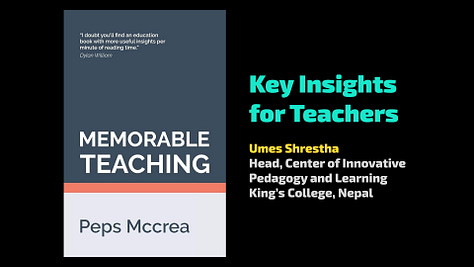
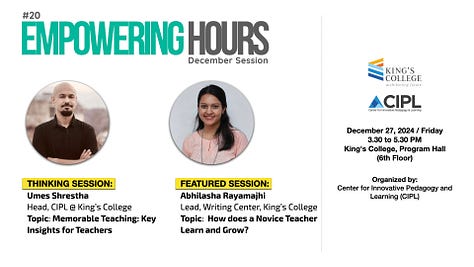
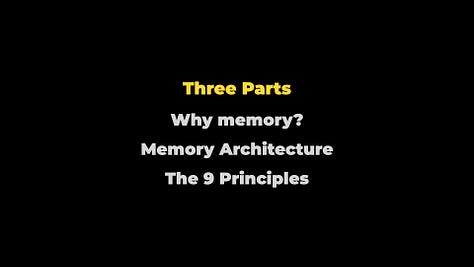
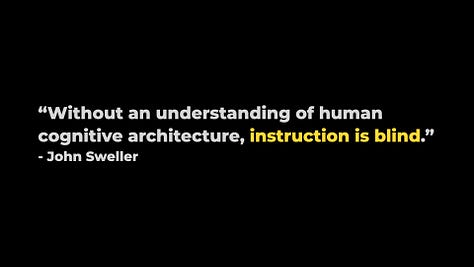

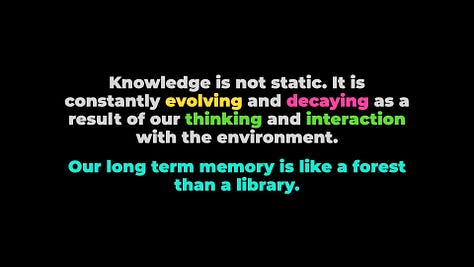
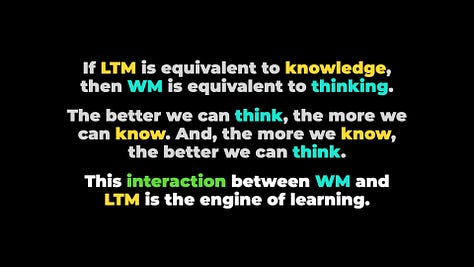
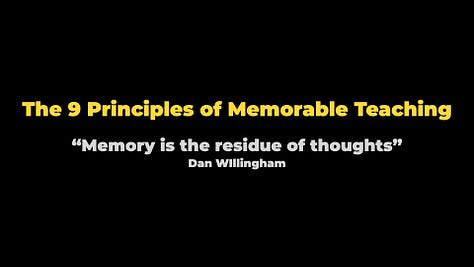
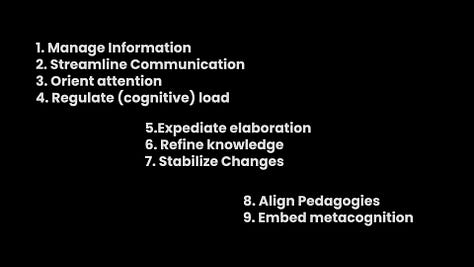
Slides 10 to 18:
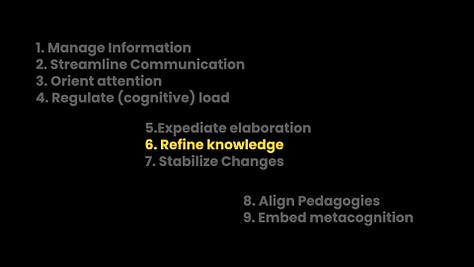
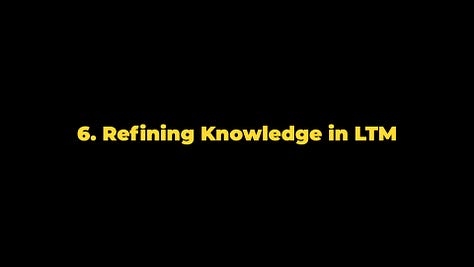
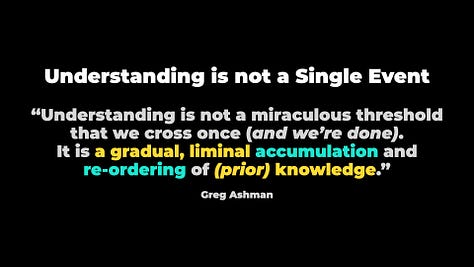
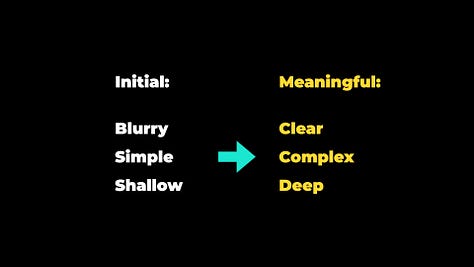
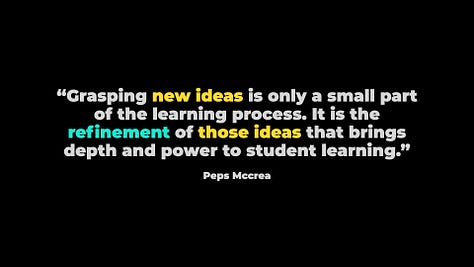
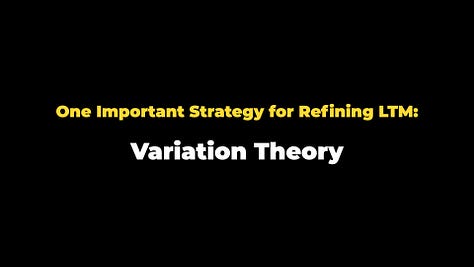

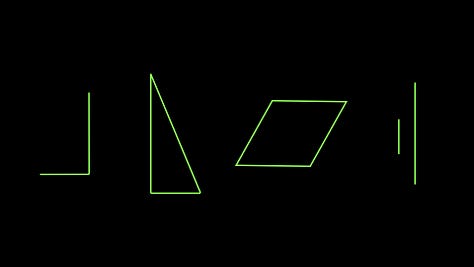
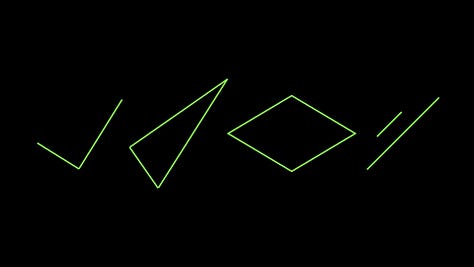
Slides 19 to 27:

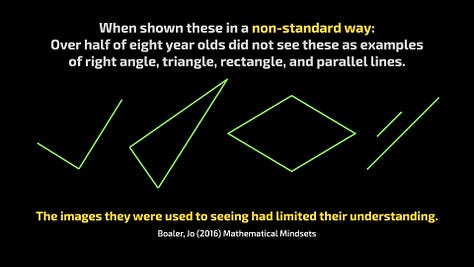
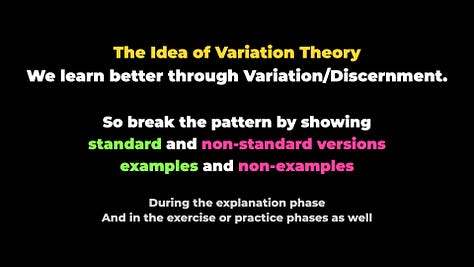
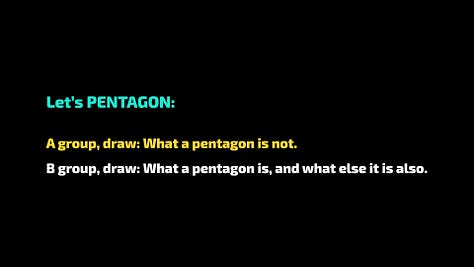
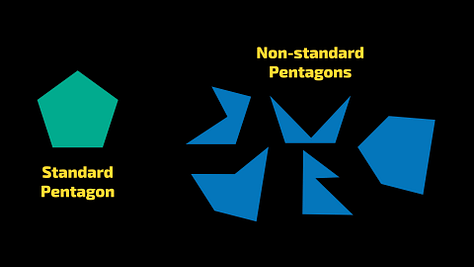
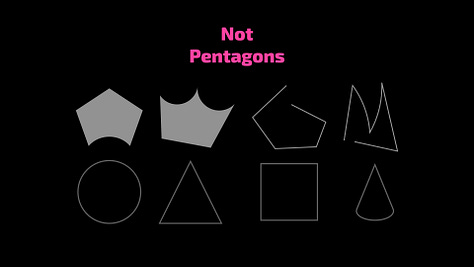
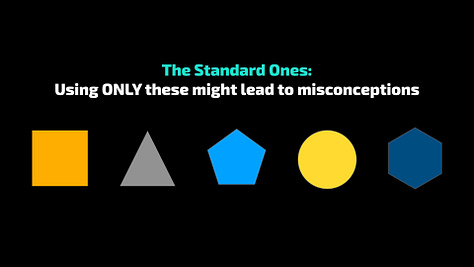
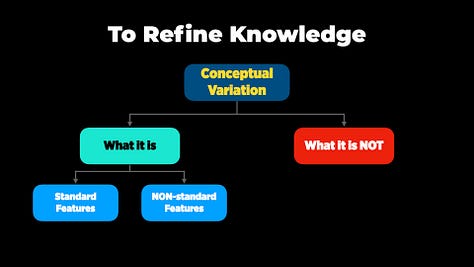
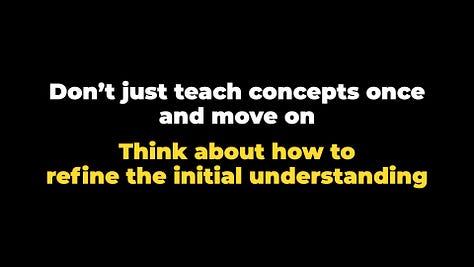
Alright. Those were the slides.
Similar to one of the ideas in the book, I also realized that, “The more I explained about the memory architecture, the better I understood it. The more I understood the memory architecture, the better I could explain it.”
P.S. Happy New Year 2025 to you all.



